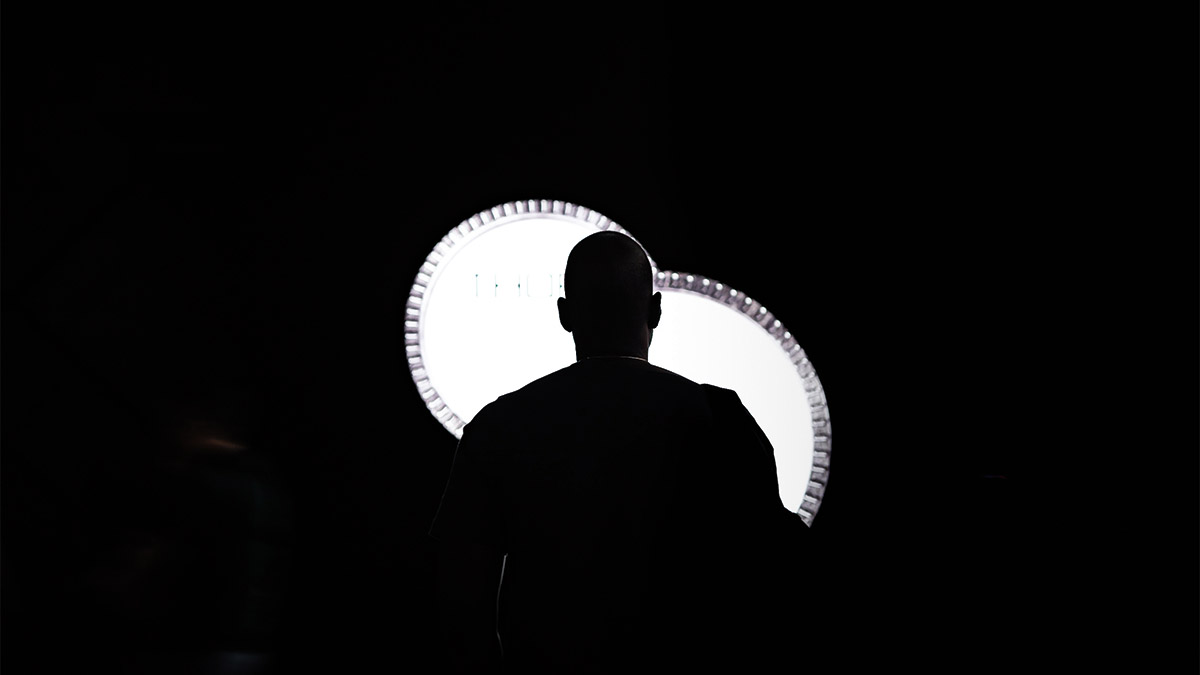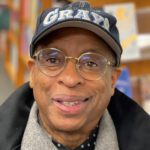Who needs the Negro? What does the Negro want? I grew up hearing these types of questions. I don’t recall my parents losing sleep over them; they were busy placing food on the table so that I could eat.
Black intellectuals have always wrestled with the riddle of how to survive in the United States. Think of W. E. B. Du Bois wrestling with his double consciousness—American and Black. Then there was Malcolm X who discarded his slave name, and Carter G. Woodson who centered Black history. We can spend entire lifetimes wondering, how do we handle not just segregation and prejudice but heartbreak and the blues? How do we understand what often renders us invisible to others?
Changing narratives about race in our nation requires a new vocabulary. As a poet and a creative-nonfiction writer, I use my imagination and the fluidity of language to examine things critically from different perspectives. I often use humor, which can be a tool to dismantle the status quo and lift the veil of oppression.
I interviewed novelist and Buddhist Charles Johnson almost every day for an entire year. Our dialogue resulted in The Wit and Wisdom of Charles Johnson, a 672-page book. Frequently during our email correspondence, Charles would become upset with me for not being serious about philosophical matters or what I viewed as the deep and heavy blues.
I felt a desire now and then to be Eshu, the trickster found in the Yoruba religion, the one you might find near the crossroads talking with the guitar-playing singer Robert Johnson. I began to riff off of Charles Johnson’s Buddhist beliefs, including writing humorous riddles about race in my emails. I call them “Race Koans.”
A Race Koan is a commentary on a Black matter or concept designed or asked only to ponder. There is no answer, only an encouragement to reach a higher level of racial awareness. Call it a Black person’s nirvana without cultural or political chains.
Two of my Race Koans are in the anthology Of Poetry & Protest: From Emmett Till to Trayvon Martin, edited by Philip Cushway and Michael Warr. Race Koan #1 in my poem, “The 10 Race Koans as presented to Charles Johnson on the morning of July 13, 2008” asks a historical question:
Why is the cotton white what
And the hands black?
Race Koan #8 has some humor
and sarcasm:
When Du Bois called Garvey
“a Negro with a hat,”
What was he wearing?
When thinking about writer June Jordan’s line “things that I do in the dark,” which describes her poems and how they reach out to the reader, I wrote Race Koan #5:
Is sitting in the dark
The best way to celebrate
Blackness?
The Race Koan condenses the Black experience down to a question that is presented without the expectation of an answer. It is not an afterthought fortune cookie; instead, the Race Koan is language to go steady with. It can be used as an appetizer to one’s creativity.
It can also help a person navigate the trauma created by race relations. The Race Koan is a way to understand the thorns that cling to race matters. You can hear and feel the blues contained in them, a resilience that reminds each generation that they must master what writer Amiri Baraka called “the changing same.”
The Race Koan helps with public thought, to move us beyond logical reasoning and the acceptance of things as they are or appear to be.
Black is beautiful when it becomes Enlightenment.

